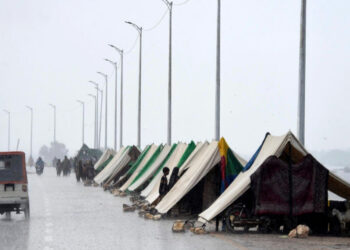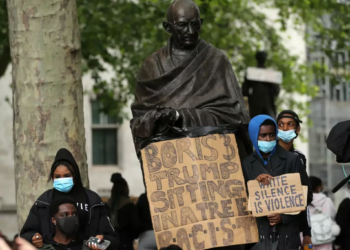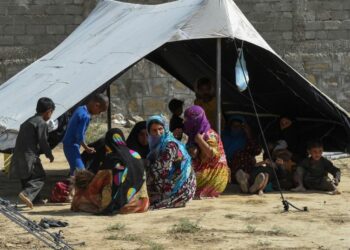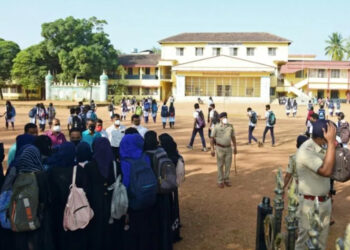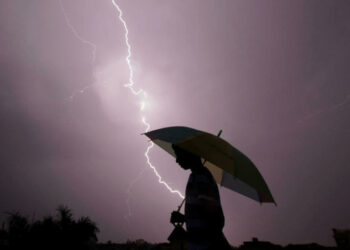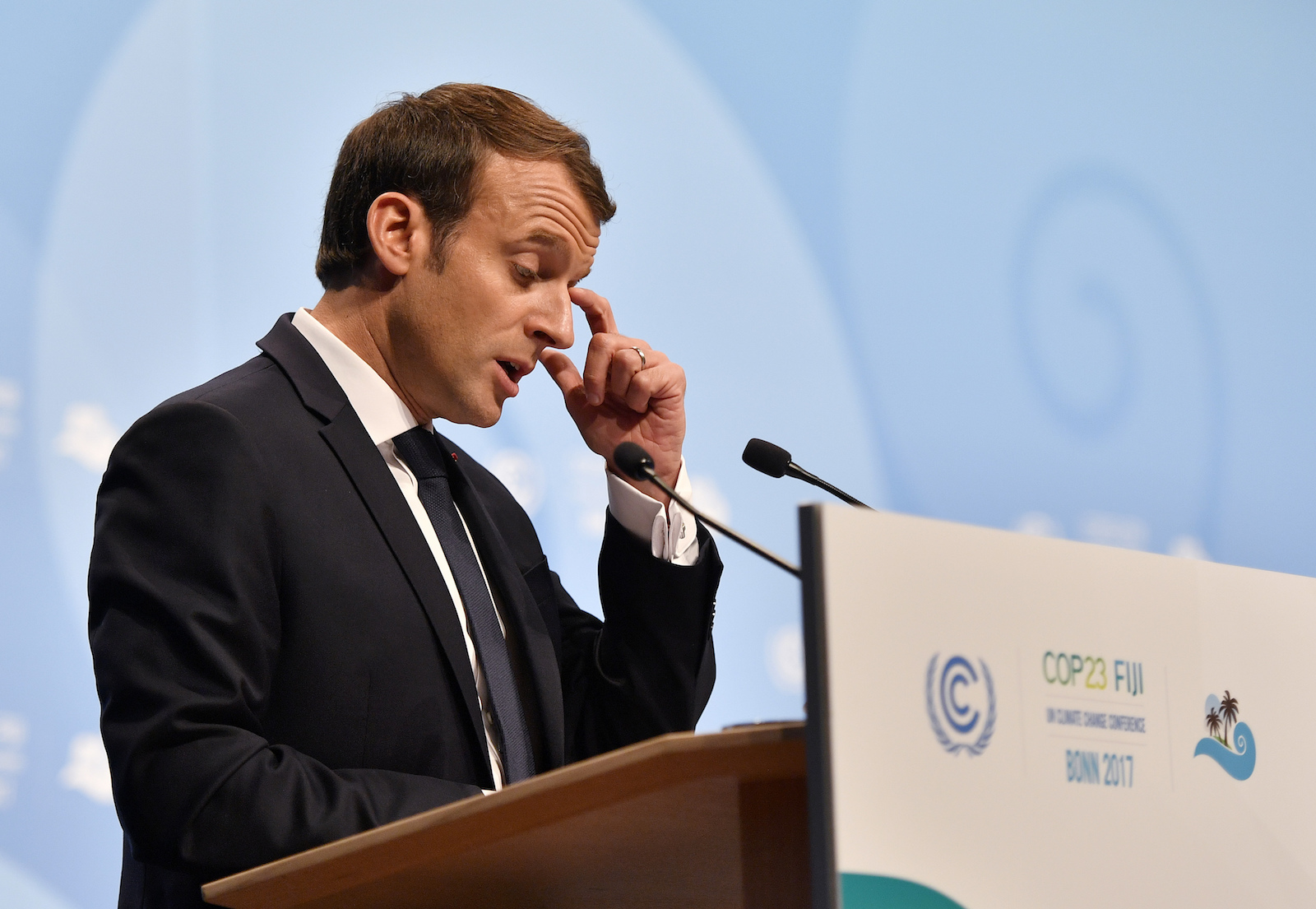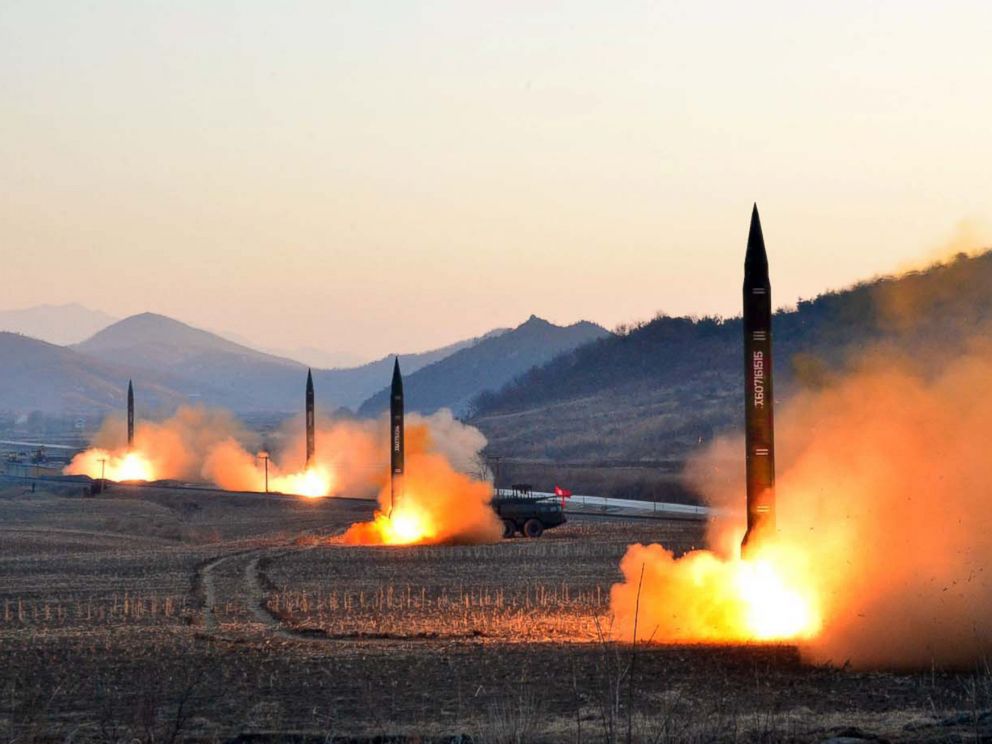SRINGAR, Jammu and Kashmir – On July 6, 1997, 28-year old Shabnum Wani was attending a ring ceremony for one of her relatives in the Batmaloo locality of Srinagar city in disputed Jammu and Kashmir when a messenger came to tell her about the abduction of her 31-year-old husband Abdul Rashid Wani.
Mr. Wani, a truck driver by profession, had been on his way to Parimpora, another locality in Srinagar to deliver money to a trader when his scooter was overtaken by an Indian Army vehicle. He was bundled into the car and taken to an army camp.
“I went to Sanat Nagar army camp and an army officer who I met acknowledged that Rashid was in their custody,” Ms. Wani told The Globe Post. “The officer further said that he is a bit injured and when he recovers, they will send him home.”
That was the last time she would hear about her husband. Later, the army officers denied his presence in their camp, marking the start of Ms. Wani’s struggle to find her husband. From army camps and torture centers to different jails across the state, she went everywhere to find her husband, but always returned empty-handed.
Kashmir, a Muslim-majority state, rose up against Indian rule in 1987 after disputed assembly elections. Thousands of young people disenchanted with Indian rule took up arms to fight the security forces, while others stayed back but expressed sympathy for their cause.
To contain the violence and rebel groups, the Indian government adopted a tough stance and stationed more troops into Kashmir, effectively turning it into a garrison, and leading to frequent gun battles and a crackdown on the local populace. Many of the people detained never returned home.
Naseema Begum, 39, tells a different story of how her husband disappeared, but has waited just like Ms. Wani. On the night of April 19, 1997, her 34-year-old husband Mehraj-ud-din Dar was asleep next to their newborn son. A resident of the Tengpora locality in Srinagar district, Mr. Dar ran a shoe shop a few blocks away from his house to feed their family of three.
At 3:00 in the morning, Indian army personnel knocked at their door and held the whole family hostage, questioning Mr. Dar about links with rebels and separatists.
“He was questioned in a separate room and tortured there till the morning,” Ms. Begum told The Globe Post. “He was taken by the army with them before the call for pre-dawn prayers.”
The next day she went to the local army camp at Boatmen colony in the Bemina locality, but the army didn’t acknowledge picking up her husband. Twenty years later, Mr. Dar is yet to be found, and his family can’t decide if he is dead or alive.
International and Kashmiri human rights groups have long alleged that Indian security forces are responsible for gross human rights violations and enforced disappearances of thousands of people since 1989.
According to some estimates, were are between 8,000-10,000 cases of involuntary and enforced disappearances from 1989-2006, mainly attributed to Indian security forces.
In March 2008, the Association of the Parents of Disappeared Persons, a rights body who campaigns against enforced disappearances in Jammu and Kashmir, issued a report on the discovery of unmarked graves. According to their report, “Facts Under Ground,” an APDP survey found 940 graves in 18 villages around the town of Uri, which lies near the India-Pakistan border.
Following the publication of the report, the European parliament adopted a resolution calling on the Indian government to ensure independent and impartial investigations into all suspected sites of mass graves in Jammu and Kashmir, asking officials to secure the sites in order to preserve evidence. The E.U. offered financial and technical support to the Indian government for such an inquiry.
In November 2009, the International People’s Tribunal on Human Rights and Justice in Kashmir issued its own report, “Buried Evidence,” detailing research into unmarked graves found in the districts of Bandipora, Baramulla, and Kupwara in northwest Kashmir.
The remains of 2,943 people were found in the 2,700 unmarked graves the IPTK investigated, with 154 graves containing two bodies each and 23 graves each containing between 3 and 17 cadavers.
“The graveyards we investigated entomb bodies of those murdered in the encounter and fake encounter killings between 1990-2009,” the report said. “The bodies buried in the 2,700 graves investigated by IPTK were routinely delivered at night, some bearing marks of torture and burns.”

Efforts to investigate unmarked graves
According to Khurram Parvez, a Kashmir-based human rights activist and Chairperson of the Asian Federation Against Involuntary Disappearances who was the part of the IPTK team that compiled the report, the Indian government became more careful about handling the cases of unidentified bodies after the report went public.
“Even though the government didn’t investigate the unmarked graves, police became more conscious in their handling of cases of unidentified dead bodies. They now medically examine them and keep their fingerprints on record along with following other procedures. Earlier this was not the case,” Mr. Parvez told The Globe Post.
When the government led by National Conference leader Omar Abdullah won elections in Jammu and Kashmir state, Human Rights Watch wrote to him, saying in February 2009: “Thousands of people remain victims of enforced disappearances in Jammu and Kashmir. The practices of ‘disappearances’ and extrajudicial executions violate basic human rights, including the right to life, the right to liberty and security of the person, the right to a fair and public trial, as well as the prohibition on torture and cruel, inhuman, and degrading treatment or punishment. Under international law, an enforced disappearance is a continuing crime until the ‘disappearance’ is resolved.”
In August 2011, the State Human Rights Commission, a body created through an act passed by the state legislature in 1997, officially acknowledged for the first time the presence of unmarked graves. The SHRC found 2,156 unknown bodies in just four districts of the state. The investigation was conducted by a state police team which found that the unidentified bodies had been buried at 38 different locations in north Kashmir’s Baramulla, Bandipora, Handwara, and Kupwara districts.
Amnesty International had welcomed the police report and reiterated its call for the government of India to initiate thorough investigations into unmarked graves throughout the state. It further urged the securing of all unmarked grave sites and investigations carried out by impartial forensic experts in line with the U.N. Model Protocol on the disinterment and analysis of skeletal remains.
The SHRC had asked the state government to investigate all the unmarked graves and conduct DNA testing on the bodies. The government rejected the call for DNA tests, saying the country’s 16 equipped labs would take years to finish, causing prolonged trauma to the victims, attracting undesired media attention, and possibly leading to a serious security problem in the state.
“Whenever we talk about DNA profiling, the state sidelines our demands under the pretext that it will create a law and order problem, but what about those thousands of families who still wait to hear a word about their missing family members,” Mohammad Ahsan Untoo, chairman of the International Forum for Justice and Human Rights Forum J&K, told The Globe Post.
“Not only the SHRC, but the state High Court has also issued directions at various occasions to investigate these cases, but the government continues to even ignore orders of the judiciary.”
Jammu-Kashmir Coalition of Civil Society, a federation of human rights organizations and individuals based in Kashmir has documented the existence of 7,000 unmarked graves in five districts of Jammu and Kashmir state.
In March 2015, the APDP wrote to Chief Minister Mufti Mohammad Sayeed, leader of the Peoples Democratic Party and Bharatiya Janta Party coalition, urging him to set up an independent commission of inquiry to investigate unmarked graves in the state.
“Successive governments have shown lack of political will to investigate these cases. Government says that the disappeared persons have crossed over to Pakistan, but we are witness to the forceful abductions as to how our loved ones were taken from their homes never to return back,” Parveena Ahanger, APDP chairperson and winner of the 2017 Norway Rafto Prize for human rights activism, told The Globe Post.
Last year, the 43rd Organization of Islamic Cooperation-Council of Foreign Ministers requested that the Independent Permanent Human Rights Commission undertake a fact-finding mission to the disputed region to ascertain the human rights situation, but the government in New Delhi denied the team permission to visit the Indian side of Kashmir. After visiting the Pakistan side and speaking to refugees, the commission released a report accusing Indian security forces of gross human rights violations.
The OIC also requested that the U.N. pressure India to facilitate an independent investigation into cases of enforced disappearances, extrajudicial killings, rape, and unmarked mass graves.
In response to an APDP petition, the Jammu and Kashmir State Human Rights Commission on October 24 directed the state government to conduct a comprehensive investigation into 3,844 reported mass graves in Poonch and Rajouri district, including carbon dating, DNA testing and other forensic tests.
“Under the UN Convention on Protection of all Persons from Enforced Disappearances, the Government of India is obliged to fully investigate the discovery of unmarked and mass graves,” APDP said.
“Despite the widespread international call for an investigation into unmarked graves, the Indian state continues to decline any investigation into unmarked and mass graves of Jammu and Kashmir and managed to hoodwink the international community regarding the alarming issue of enforced disappearances and mass graves in Jammu and Kashmir.”
According to Mr. Parvez, the Jammu and Kashmir government will likely sit on the human rights commission directive.
“We are trying to gather information on unmarked graves in other districts of the state.We will follow the whole process. We will also utilize the judicial remedy,” he said.
Ms. Ahanger said she has no faith in the state-held investigation, and is seeking an independent commission of inquiry to probe these cases.
“We have no faith if the government holds an investigation. How can they investigate when they are themselves the perpetrators? An independent commission of inquiry should investigate in this,” she said.
The state government is yet to make a statement on its intentions following the SHRC directive, but according to an officer in the Home Department of Jammu and Kashmir government, the file has been received by his department and they are studying it.
“We will study it and only then we can say anything,” the official, who asked to remain anonymous, told The Globe Post.
But for Shabnum Wani, the investigation into unmarked graves is a matter of getting answers to the question she has been asking for 20 years.
“At least we will live at peace, that our kins are resting somewhere in the graves,” she said.



